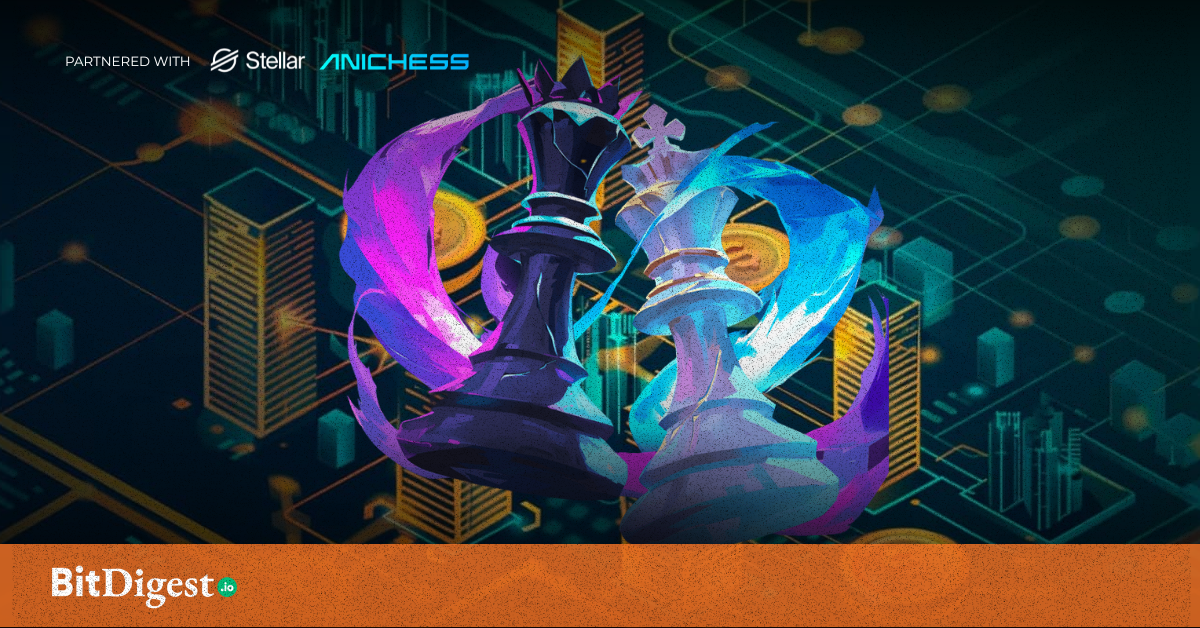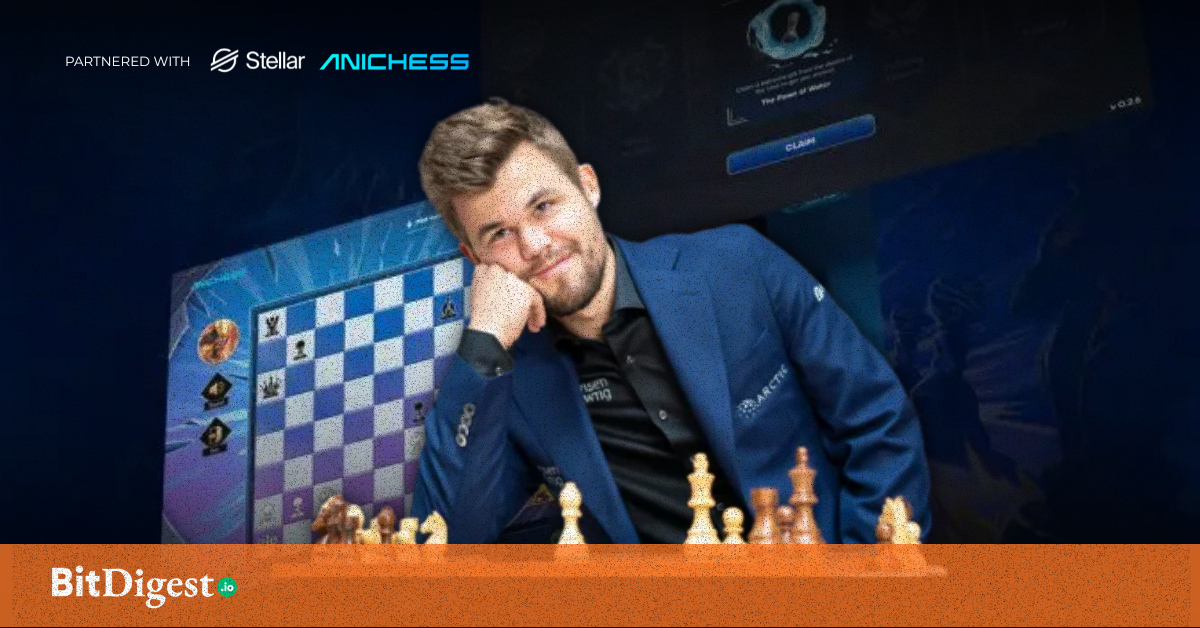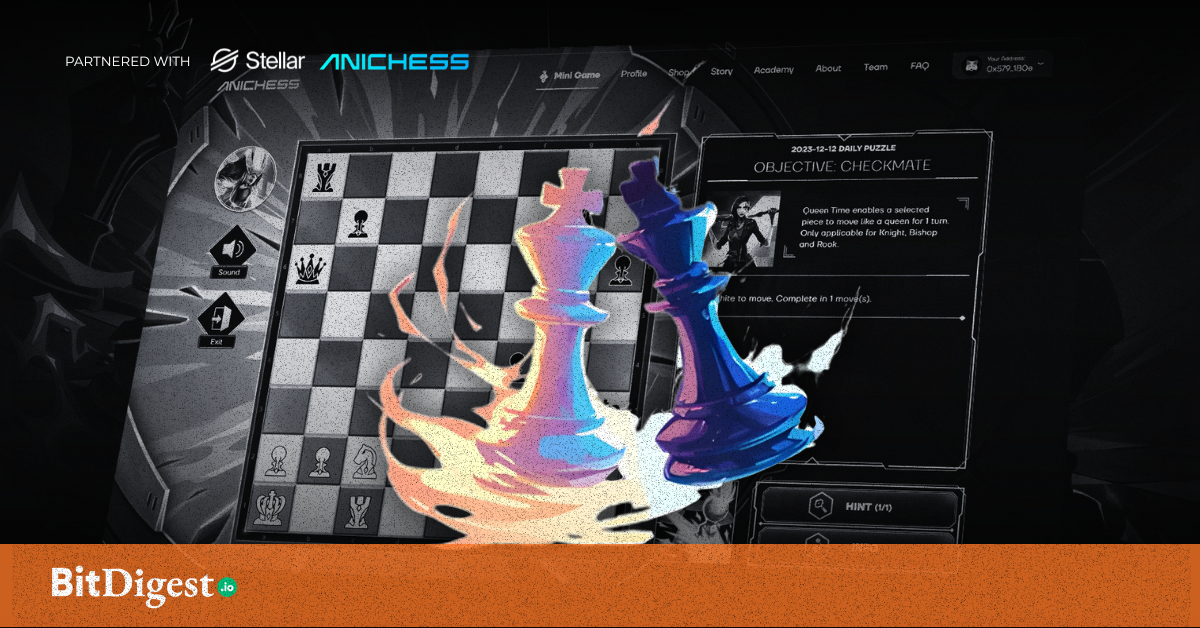Understanding Trading Psychology: Mastering Your Emotions for Better Trades
“Successful trading is 10% strategy and 90% psychology”. Many new traders can quickly relate to this quote as they hop from setup to setup, hoping to get a win. However, after losing enough trades, some realized that maybe it wasn’t the strategy that was the problem. It might have been them.
People tend to fixate on charting the best technical analysis or forecasting the most accurate fundamental valuation. While these are certainly important, a more overlooked factor can make or break one’s success. No matter how detailed a trading or investing plan is, it is useless if one cannot follow it. The key is in mastering one's trading psychology!

What is Trading Psychology?
Trading psychology refers to the emotional and mental factors that influence a trader's decision-making process. It encompasses the feelings, behaviors, biases, and thought patterns that can affect how one trades. These factors can cloud a trader’s judgment, leading to impulsive or irrational decisions. On the other hand, being constantly aware of one’s mental state allows a trader to set aside the noise and stick to their trading plan.
Fear and Greed
Two of the most powerful emotions in trading are fear and greed. Both can be detrimental if not properly managed.
- Fear: Fear in trading often manifests as the tendency to panic sell. Imagine that an investor is holding a cryptocurrency, and suddenly the market starts to drop. The fear of losing all their capital might push them to sell at a loss. Though understandable, this reaction often leads to regret when prices stabilize or even go higher. Fear can also lead a trader to not buy when prices are low, even though that is the best time to be buying. An example of peak fear would be when major crypto exchange FTX collapsed and many were fearful to buy because they most likely felt that crypto would never recover.
- Greed: Greed is the opposite of fear. It can push one to hold onto a trade for too long hoping for higher profits, even if all indicators suggest it’s time to exit. This is especially common in a bull market, where prices keep rising, and traders start to believe the trend will never end. A common saying during the 2021 crypto bull market was that “crypto is in a supercycle” and “there will never be a bear market again”. Unfortunately, this mindset often results in missed opportunities to secure profits, as prices can quickly reverse and turn gains into losses. Greed can also cause many to buy when prices are extremely high, even though it would be better to wait for lower entry.
Common Emotional Pitfalls: FOMO and Overconfidence
Two emotional pitfalls that many traders encounter are FOMO (Fear of Missing Out) and overconfidence. They are both byproducts of fear and greed. FOMO and overconfidence occur during specific scenarios, so it would be best to look out for them during these times.
- FOMO: FOMO is the feeling that one is missing out on a great opportunity because others are benefitting from it. For example, a trader might hear all their friends making 10x their investment on a crypto asset. This can pressure them to jump in, even if they hadn’t planned to trade that asset. FOMO-driven decisions are often impulsive and made without proper analysis. What’s worse is that once everyone is already talking about an asset, it's probably too late, and FOMO traders might be entering the peak.

- Overconfidence: After a few successful trades, it’s easy to feel invincible and that one could “never lose”. Overconfidence can lead traders to take excessive risks or abandon their trading strategy altogether. Feeling overconfident can lead one to believe that just their “gut feeling” is enough to win them trades. Imagine a trader winning 5 small trades in a row. Now, because they’re on a winning streak, they start applying excessive leverage and trading bad setups. This mindset often results in larger-than-expected losses, wiping out all previous gains that led to feeling overconfident to begin with.

Want to earn rewards while learning about the world of trading? Join OKX Crypto Quests! Complete simple tasks like making deposits or placing trades and earn rewards of up to 100 USDT. The more quests you complete, the bigger your rewards. Start your crypto journey today and unlock exciting opportunities with OKX!
Strategies to Manage Your Emotions
To become a disciplined trader, managing emotions is crucial, and developing effective strategies can help one stay on track. One key approach is to set clear goals before entering any trade. By defining entry and exit points in advance, a trader can establish a plan that guides their decisions. This reduces the likelihood of making impulsive choices based on short-term price movements.
Another essential strategy is to set stop losses. A stop loss is a predetermined price level at which your asset will be automatically sold. This tool is useful for preventing huge losses and protecting one’s capital. Implementing a stop loss ensures that a trade exit is due to strategy and not emotion (e.g. panic selling).

Lastly, it's important to take regular breaks. Trading can be mentally exhausting and lead to fatigue or burnout, which can cause bad trading decisions. Regular breaks allow a trader to step back, clear their mind, and return to the market with a fresh perspective.
No strategy is foolproof and every trader will have losses. However, what separates winners from losers is their ability to not lose it all. Improving one’s trading psychology can help manage risk and keep them in the game long enough to eventually become profitable. Becoming a successful trader isn’t just about mastering the markets - it’s also about mastering oneself.
.svg)


.svg) SHARE TO FACEBOOK
SHARE TO FACEBOOK SHARE TO TWITTER/X
SHARE TO TWITTER/X SHARE TO LINKEDIN
SHARE TO LINKEDIN SEND TO MAIL
SEND TO MAIL





.svg)


.svg)